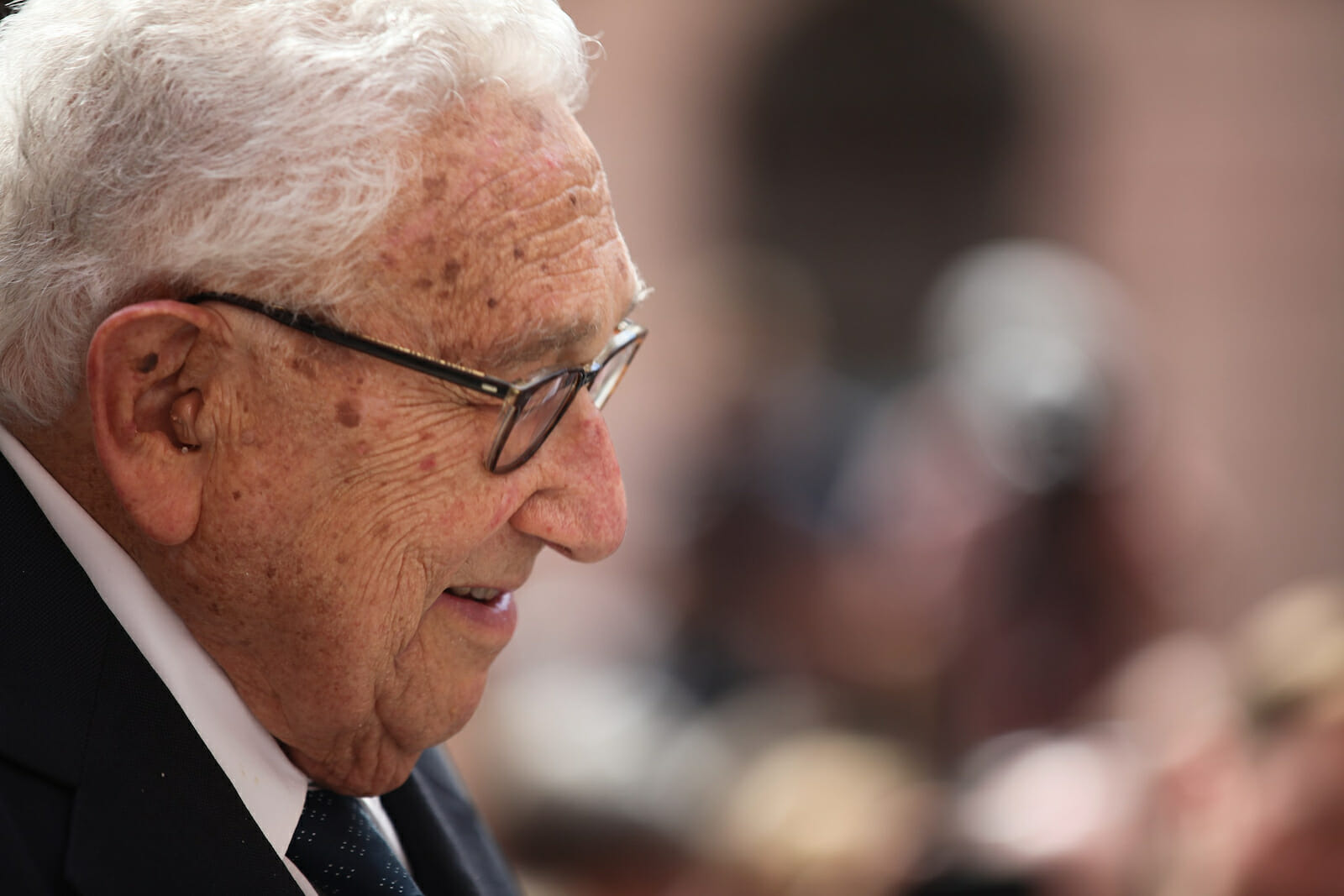
Help Wanted: A Call for More Malalas, Kissingers Need Not Apply
The United States has consistently failed to consider human rights in foreign policy as an integral part of U.S. security, economic stability, and international political wellbeing. U.S. leadership, namely in the executive branch, thinks, analyzes, and reacts in terms of power gains and losses – a framework which paints the world black and white. By taking such a reactive approach, the U.S. ultimately strong-arms itself into military and economic intervention once unrest and conflict are too protracted to avoid damage to U.S. interests. Had they invested in education, healthcare, and state capacity-building to promote job security, thus improving conditions on the ground, they likely would have more fruitful economic and political relationships with other countries now and in the future.
Yet how can the U.S. inject a human rights perspective into its policy- and decision-making bodies when all its past presidential administrations have failed to effectively consider human rights as a security-aligned investment? The answer lies in the hands of human rights practitioners themselves.
Human rights practitioners and activists largely work against governments and corporations who perpetuate abuses – an essential component towards keeping these corporations accountable. While this work is an indispensable component towards better guaranteeing the protection of human rights, there is a large piece of the puzzle missing: there are very few human rights practitioners who have infiltrated the interior mechanisms of government to change the narrative and shift U.S. priorities abroad. Simply put, we desperately need their perspective in office.
Human rights practitioners and advocates offer a different lens on policy and decision-making as they see the benefits of investments in development, the environment, and political institutions in their daily work. However, administrators and representatives in the executive and legislative branches of the U.S. government can easily ignore the implications of putting human rights in foreign policy at the bottom of the barrel. This will lead to disastrous and costly consequences for the United States down the line.
An example of this is the U.S. policy in Iraq following 9/11. Had the Bush administration, namely Donald Rumsfeld, adopted a framework in Iraq which focused on quality of life issues, state capacity-building, and investing U.S. time and energy into empowering Iraqi communities, the bedrock for extremism would not have been laid. Ultimately, the actions (or arguably passivity) of U.S. leadership comfortably separated by geographic location led to widespread human rights violations, thus building the foundation for the Islamic State and generalized anti-West sentiments.
Had more human rights practitioners been elected or appointed into U.S. government roles, the issues which now stem from the United States’ policy in Iraq could have been readily identified, halted, and corrected. There would have been little tolerance for Rumsfeld’s neglectful and short-sighted policies in Iraq had a human rights presence been in office. In turn, the world would see a more stable Middle East – one which the United States could enjoy healthy political, trade, and diplomatic relationships with.
Geographic separation magnifies the mental and professional distance between events and policymaker decisions in the United States. Boots on the ground creates a clearer vision of what is needed and desired in certain countries, which is particularly important when sociopolitical stability begins to crumble. Human rights professionals and activists often have lived and watched horrifying events unfold firsthand, forever changing their perspective on how a foreign government should and should not act in the face of a crisis. Having this perspective folded into federal leadership roles bridges the geographic gap between the expertise of the White House and civilians abroad, creating long-term stability and change for all parties involved.
Additionally, as a wave of extreme conservatism has swept across the globe, the call for more human rights practitioners in government cannot be understated. The current U.S. administration brings the typical black-and-white framework of U.S. foreign policy to new, more absolutist terms. From even outside U.S. federal leadership, human rights practitioners and advocates provide stability in their analyses of international developments. Having this incorporated directly into the government would yield clear-minded decision-making and prevent administrations, current, and future, from missing key moments which require action.
The Rwandan genocide is a tragic example of when human rights practitioners were needed in government. It took far too long for President Clinton to be briefed on the magnitude of ethnic violence which demanded immediate action. Samantha Power has noted that U.S. policymakers failed to elevate the genocide to the top of the U.S.’s foreign policy agenda, ultimately leading to the inaction which is one of President Clinton’s biggest regrets.
Today, the presence of human rights practitioners in office is needed more than ever. While the Rwandan genocide was a massive failure on the U.S.’s part, at the bare minimum there was remorse for our inaction. In an era of erratic foreign policy choices and potentially devastating corruption, the current cabinet only amplifies the need for human rights practitioners in government to halt continued administrational complicity. The appointment and election of human rights professionals can help to partially mitigate the effects of another unpredictable U.S. presidency and better guarantee that the supposed values and morals of an elite few are not imposed on the many.
The role of human rights activists and practitioners in changing the narrative surrounding human dignity and rights as a standard practice has been consequential. Taking this perspective and injecting it directly into U.S. leadership is critical to reframing the United States’ current foreign policy approach which is merely fostering more unrest. Ultimately, U.S. leadership will still have its money and power focus – as it appears to be a decades-long tradition. However, the means of achieving these ends will be short-lived without the long-term lens a human rights framework offers.
